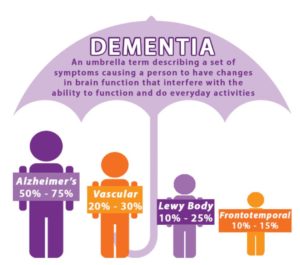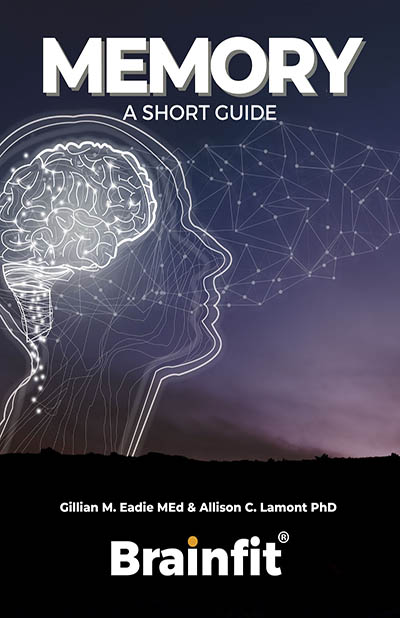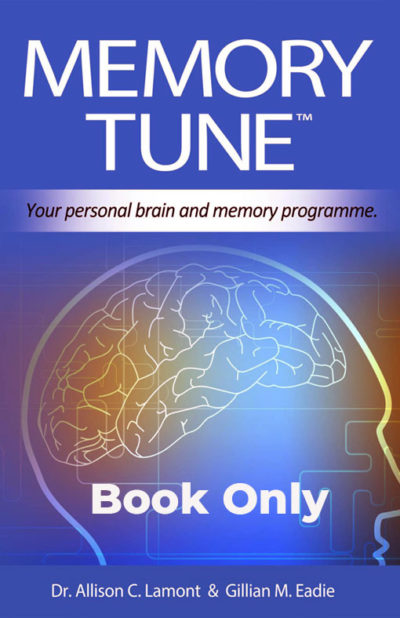 Are YOU confused?
Are YOU confused?
You’re not alone!
As more and more people are diagnosed with brain disorders, the terms dementia and Alzheimer’s are bandied about.
But what do they mean?
Here’s the simple answer.
Dementia isn’t a specific disease.
Dementia is the overall term that describes a group of symptoms affecting the brain which interfere with thinking, social skills and the way a person functions in everyday life.
Memory loss is one of the symptoms you might notice but memory loss alone doesn’t mean you have dementia.
At least two brain function symptoms would need to occur for dementia to be diagnosed.
Some of these might be:
- memory loss
- muddled language
- errors in judgement
- getting lost when driving or walking
- difficulties handling money
- changes in personality
- having difficulty learning new things
Dementia has several causes or ‘types’.
The ‘type’ will depend on the area of the brain most affected.
That’s where Alzheimer ’s disease comes in.
Alzheimer’s is the most common ‘type’ of dementia in people over 65.
Alzheimer’s usually progresses slowly over 7 to 10 years involving a gradual decline in memory skills, language, judgement and spatial abilities. This 4-minute video demonstrates clearly how the brain connections decline as Alzheimer’s produces plaques and tangles in the brain.
Dementia has several other causes, or ‘types’ as well:
- Vascular dementia, the second most common cause. Brain damage occurs when there is a reduced blood flow to the brain because of a stroke, heart valve infection or other blood vessel problems.
- Lewy body dementia. Abnormal clumps of protein in the brain (Lewy bodies) cause symptoms similar to Alzheimer’s disease but features fluctuations between confusion and clear thinking, visual hallucinations, tremors, and rigidity.
- Frontotemporal dementia is less common and generally appears between ages 40 and 65. A group of diseases cause the breakdown of nerve cells in the frontal and temporal lobes of the brain. Because these brain areas are associated with personality, behaviour and language you may notice inappropriate behaviour, language difficulties, difficulty with thinking and concentration and movement problems. An example of this type of dementia is Pick’s disease.
- Huntington’s disease, traumatic brain injury, Wernicke Korsakoff syndrome and Creutzfeldt-Jakob disease may also contribute to dementia.
The articles will give you further help and information about preventing Alzheimer’s, helping people with Alzheimer’s and to answer the question: Is it Alzheimer’s?
Please share this article with your friends.





I was having a look back through some of your notes and a thought came to mind.
Now that humans have more longevity of life have you heard if the average onset of Dementia is now occurring at a later time in life?
Just curious,
Judy
Hello Judy
Sadly the research is indicating that life-style factors may be having as much influence on the onset of dementia as longevity does. The youngest person diagnosed with dementia in this country is aged 29. It is SO important to maintain a healthy lifestyle (regular exercise and sleep coupled with healthy eating) as well as regular brain challenges. These are the factors most recognized in pushing back against dementia.